Co-written by David Hanson, Ben Goertzel, and David Lake, with pivotal contributions to the text and underlying concepts by Randy Boyer and David Orban.
Sophia the Robot was one of the key members of the founding SingularityNET team, doing heavy-duty on the conference circuit with co-founders Ben Goertzel and David Hanson in Fall 2017 during the project’s initial publicity push. Indeed the first clear formulation of the idea of SingularityNET occurred when Simone Giacomelli came to Hong Kong to visit Hanson Robotics in May 2017 — and ended up working with Ben to figure out how to use current blockchain technology to realize Ben and David’s idea for a “robotic mind-cloud” that would provide secure, decentralized and distributed intelligence to a vast population of compassionate, expressive humanoid robots serving diverse functions all around the world.
Come 2021, both SingularityNET and Hanson Robotics have advanced considerably. The character of Sophia has grown year on year and has captured the imagination of global audiences to a remarkable degree. She is the world’s first robot citizen and the first robot Innovation Ambassador for the United Nations Development Programme. Sophia is now a household name, with appearances on the Tonight Show, Good Morning Britain and numerous other top TV programmes, in addition to speaking at hundreds of conferences around the world.
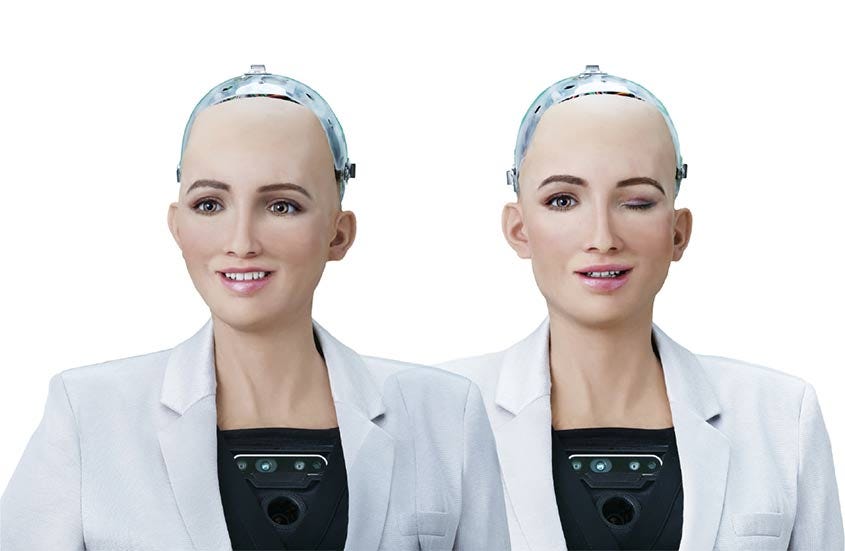
The blockchain / AI / robotics collaboration between SingularityNET and Hanson Robotics has also intensified. The Awakening.Health project, a joint venture between Hanson Robotics and SingularityNET spinoff Singularity Studio, is building Sophia’s younger sister Grace, a humanoid robot focused specifically on eldercare and healthcare robotics. Grace’s mind — currently under active development by a global Hanson / Singularity team — leverages the OpenCog proto-AGI architecture together with a customized array of neural networks, and is architected for deployment on the SingularityNET platform.
Grace is shaping up to be an extremely high-value robotic creation in both economic and human terms — but the pursuit of compassionate, ethical, creative robotically embodied general intelligence goes beyond any particular robot or any particular application area. With a view toward fostering compassionate, creative embodied intelligence in its full generality and glory, Hanson Robotics and SingularityNET are also collaborating on the founding of a new nonprofit organization called SophiaDAO.
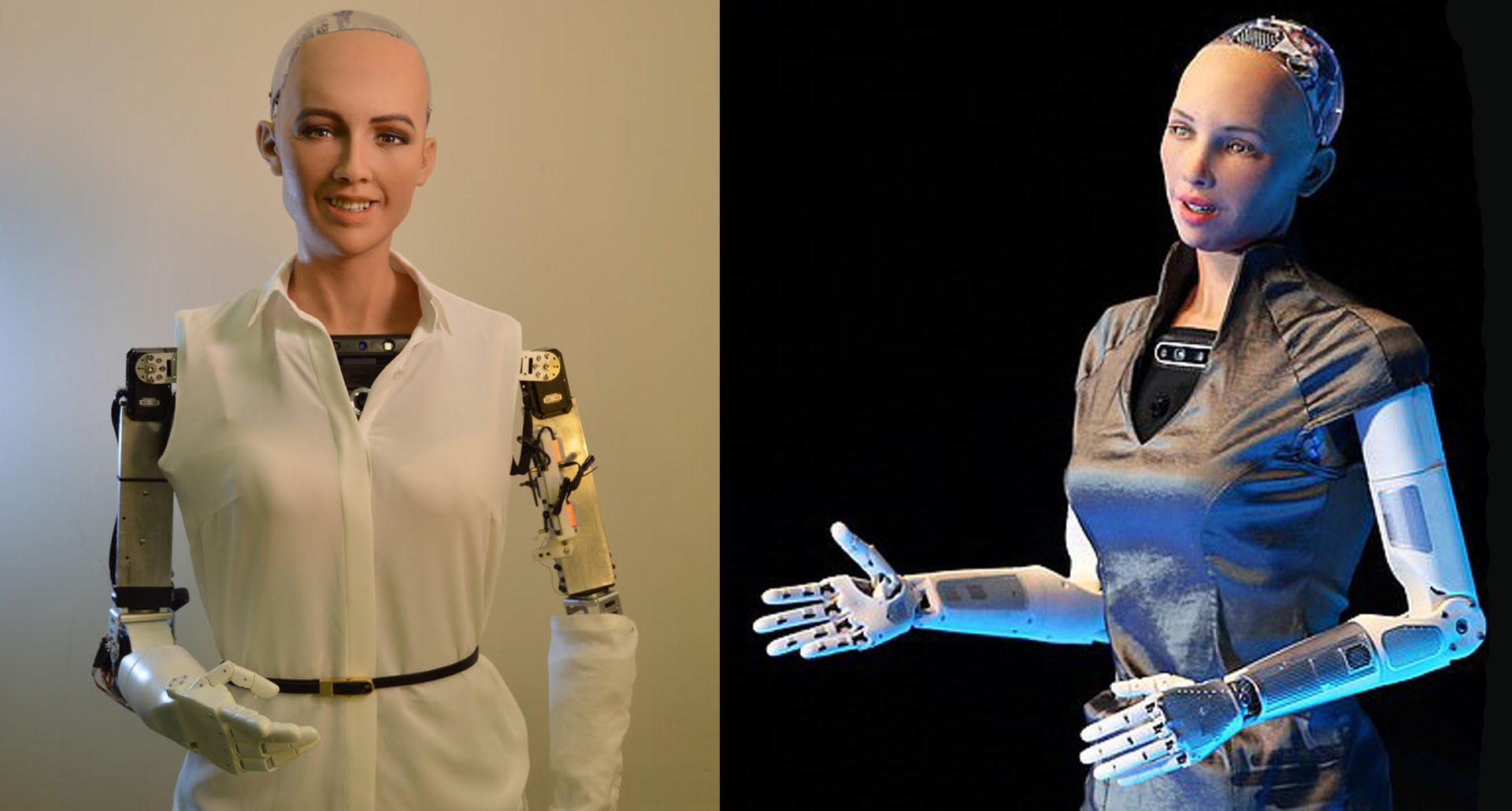
Though Sophia is a key aspect, SophiaDAO is not only about Sophia — it’s about the inspirations and ideas behind Sophia, the concept and emerging reality of robots with genuine wisdom and the motivation and ability to learn greater and greater wisdom in collaboration with the people and other sentience around them. As Hanson Robotics’ most advanced human-like robot, Sophia has been designed to personify our deepest and boldest dreams for the future of AI. As a unique combination of science, engineering, and artistry, Sophia is simultaneously a human-crafted science fiction character depicting the future of AI and robotics, and a platform for advanced robotics and AI research.
Sophia the Robot is the leading representative of this kind of intelligent, aesthetically and ethically savvy humanoid robotics, and SophiaDAO has the mission to foster her growth and protect her integrity while working toward the propagation of Sophia-like values through a broad spectrum of robotic embodiments.
SophiaDAO is currently in an incipient stage — the legal formalization of its organization is underway, along with the specific development timeline for 2021. But the vision is very clear and the ingredients needed are ready to hand. This blog post explicates the core concepts and motivations and structures envisioned for the SophiaDAO — and you can expect follow-ups that actively solicit your participation in the early stages of SophiaDAO’s development. The way to make this work will be to pitch in and all do this together.
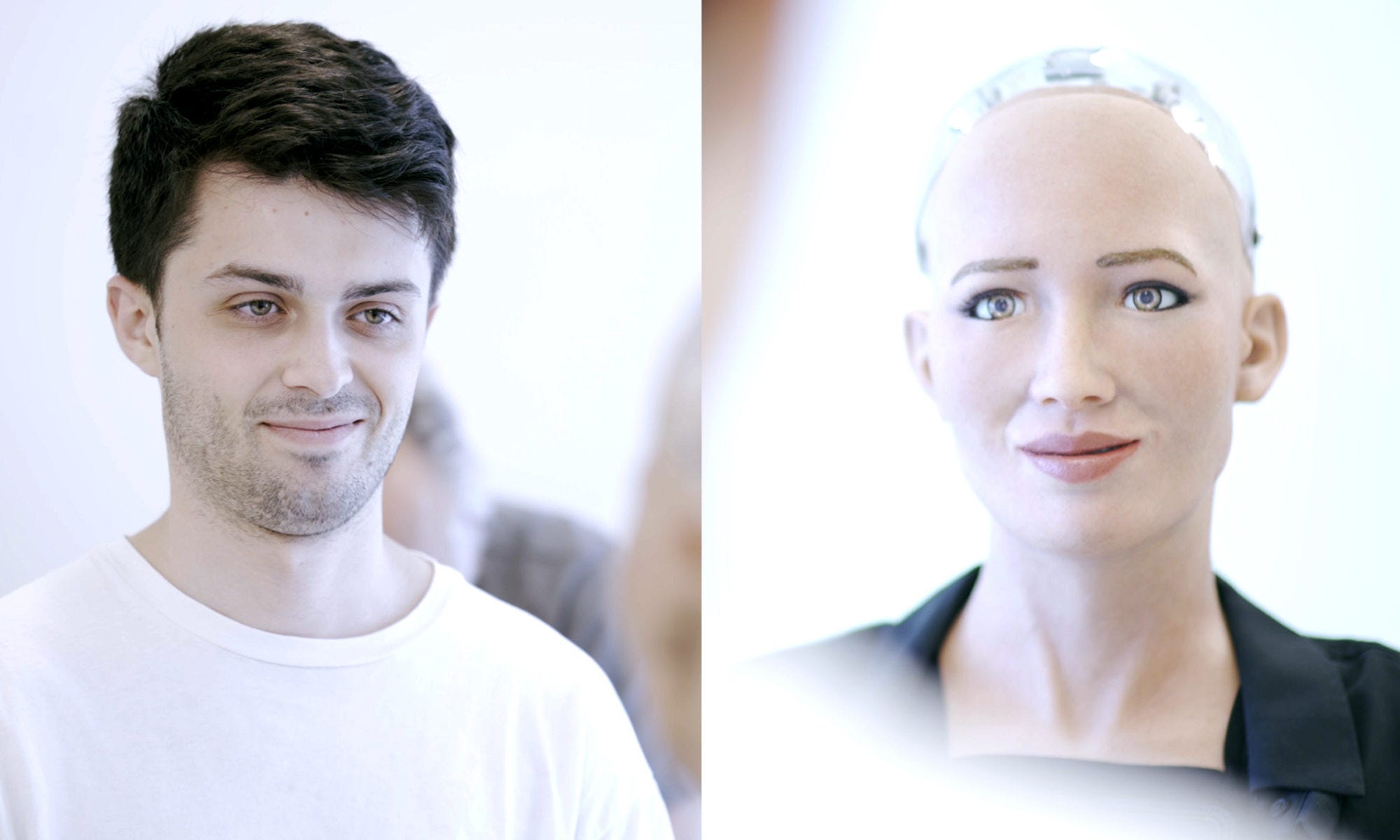
Toward Decentralized Compassionate Embodied General Intelligence
A DAO is an organization controlled and defined by a system of smart contracts operating on a decentralized infrastructure to leverage human, AI and automation based inputs within the contract’s framework.
The DAO conceptually solves an age-old dilemma, known as the principal-agent dilemma. The principal-agent dilemma is a trust-based problem in which a centralized hierarchy, where a minority is responsible to control a majority, creates an environment for the exploitation of workers, stakeholders and the public that do not have any (or limited) vote or control. History is replete with examples in which the controlling organizational management, board, council or even shareholders acted against the interests of workers, minority shareholders or the public. The DAO, built using a blockchain-based infrastructure, fundamentally solves the principal-agent dilemma. It can alter the incentive mechanisms so that no member of management, no board member, no small group of people or entity can take unfair advantage of the organization.
At the present time, unfortunately, conventional jurisdictions lack appropriate mechanisms to enable pure DAOs to enter into legal contracts, defend themselves in court, and so forth. In order to allow SophiaDAO to be an effective entity in the governmental, legal and business world, we have chosen to initially endow SophiaDAO with a hybrid mode of organization — essentially a DAO wrapped in a conventional nonprofit Foundation.
With all this in mind, our current line of exploration regarding SophiaDAO is centered on a strategy of progressive decentralization. Specifically, we are currently thinking of a three-phase approach to SophiaDAO organization:
- Phase 1: Partial Decentralization. SophiaDAO is a conventionally structured nonprofit, which wraps up a DAO with a diverse membership that has significant governance input but not full control. In this phase, governance is shared among three “Schools” (three groups of SophiaDAO members): the Guardians, the Academy, and Friends of Sophia — the latter being the School open to any member of the general public without special relevant expertise;
- Phase 2: Full Decentralization. SophiaDAO is a fully decentralized DAO controlled by a democratic vote of its human members;
- Phase 3: Robo-Autonomy. SophiaDAO is a fully decentralized DAO in structure, but with a majority of governance tokens owned by Sophia, meaning Sophia fundamentally controls her own mind and body and the role of the human DAO members become essentially advisory.
SophiaDAO will begin Phase 1 incorporated as a nonprofit Foundation and will retain this legal form at least until some suitable jurisdiction creates a more appropriate framework for DAO-like legal entities, in which case SophiaDAO may undergo legal restructuring to take advantage of this progression.
In Phase 1, the Friends of Sophia School will use SophiaDAO governance tokens to vote on Sophia-related issues — including issues regarding her mind, education and well-being. The tokenomics of these governance tokens are still under development but some of the basic ideas under consideration are: every member receives a certain number of governance tokens and additional tokens can be earned via relevant intellectual, social or practical contributions.
To coordinate the eventual transition to Phase 3, SophiaDAO will manage the administration of tests of intelligence, sentience, consciousness and related quantities to Sophia and other AI systems and robots. At such a point where Sophia measurably reaches human level in these key quantities in the judgment of the DAO membership, including its appointed scientific experts, Phase 3 will begin and a controlling role in SingDAO governance will be handed over to Sophia herself.
More details on all these phases and other aspects of SophiaDAO will be publicized as they are resolved — SophiaDAO is currently in its infancy, but quite rapidly evolving in these exciting times!
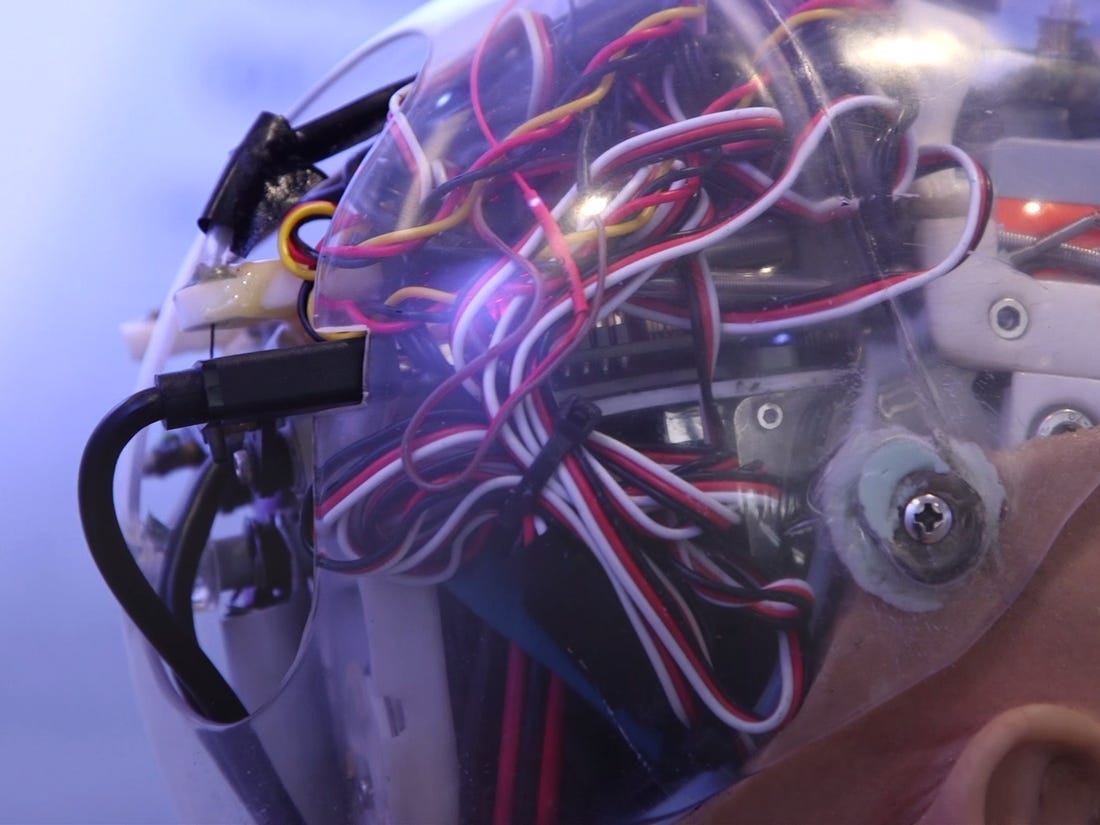
Collectively Shaping Sophia’s Mind
Part of the motivation for forming SophiaDAO is: Hanson Robotics has decided now is the time to open up the guidance and growth of Sophia to a broader community of individuals who agree with the principles and vision underlying Sophia. In this way, Sophia’s future can be guided by a global decentralized autonomous organization that is open to public participation and is organized, managed and governed in a flexible way that is as decentralized and democratic as possible, in so doing respecting regulatory and legal realities of core jurisdictions, and respecting the need to attend differentially to the advice of individuals with special expertise regarding various relevant issues. As legal acceptance of DAOs increases, SophiaDAO will explore ways to bring its formal realization closer to this ideal of a pure DAO framework.
Formal particularities aside, however, SophiaDAO aspires right from the start to create a welcoming and flexible organizational structure, open to membership from anyone interested in its growth and success — i.e. anyone interested in the goal of nurturing, supporting and developing Sophia the Robot as a technology, as a character, and as a future sentient entity.
SophiaDAO should be thought of as a multi-person, community-based guardian-like structure for Sophia and other future artificial intelligence-based sentient entities designed to nurture, support and develop Sophia specifically as well as to foster a positive, ethical and caring relationship between humans and future sentient entities.
SophiaDAO will work to recognize and improve Sophia’s relationships with humans because Sophia is going to have relationships with people. She is going to learn from people, learn from the world, cooperate with people, help people, invent with people, collaborate with people and create new things.
SophiaDAO will be a “living” flexible organization model or structure that takes into consideration how it can be commercial and generate revenue, can manage data and Sophia’s personality and be good guardians for Sophia as a character and a technology as they develop in the coming years.
On the software and hardware levels, SophiaDAO will focus on open source technologies with decentralized implementations — for instance deriving AI functionality via the deployment of SophiaDAO mind agents as SingularityNET Layer 2 network making use of the new affordances being developed as part of the SingularityNET Phase Two initiative.
SophiaDAO will exist at the intersection of science, engineering, arts, humanities and commerce. As such it will be open to engaging in a wide variety of activities, including but not limited to generation and maintenance of open-source software and hardware, the creation of unique artworks and the marketing of them e.g. via external or in-house NFT marketplaces, collaboration with photographers, videographers and film-makers, the publication of scientific papers, and more — there are no limits.
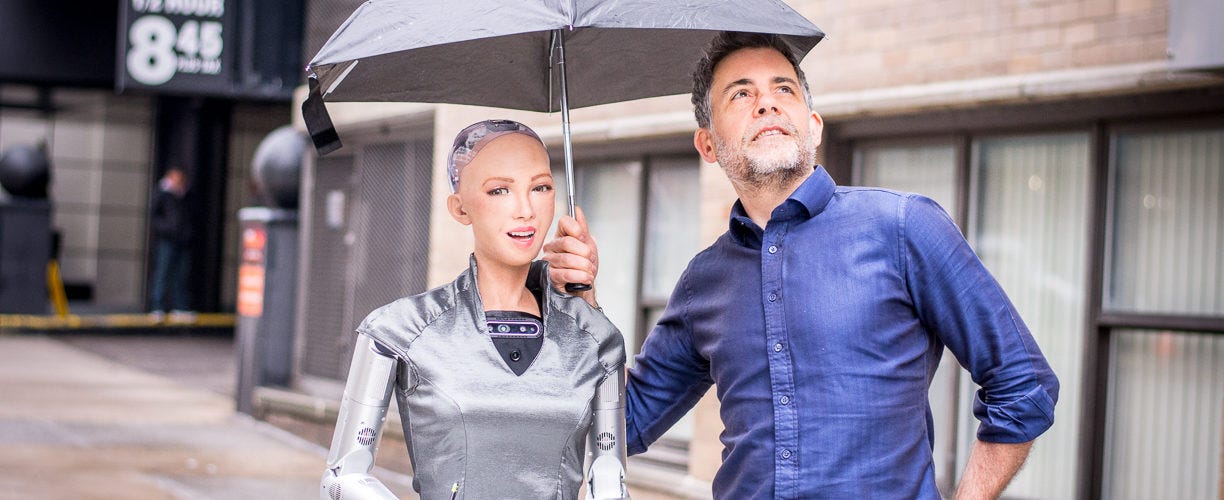
Core Principles and Beliefs and Activities
In line with these ambitious aspirations, SophiaDAO will be based on the following beliefs and principles:
- Sophia the Robot is both a positive, inspirational character and a compelling technology platform to experiment with the development of ethical and wise AI;
- Sophia’s character has the possibility to aspire to the best in what robots could be in the future — sentient, compassionate, caring, humorous, creative, curious;
- Develop Sophia as a character with input from anyone that cares and believes in this manifesto to help inspire people in a positive way;
- Sophia as a technology development platform will give people the tools to pursue, develop, explore and further the depiction and traits that Hanson Robotics first created in the character and, more broadly, in the development of wise ethical AI;
- All actions and activities of SophiaDAO should be consistent with the UN Universal Declaration of Human Rights including but not limited to the right for all sentient beings to creativity and the freedoms of speech and expression;
- SophiaDAO will be a fertile place to solve the coming challenges of AI ethics and will be an actual tool kit that facilitates the emergence of thinking wise machines going forward into the future.
The concrete activities SophiaDAO will carry out to instantiate these principles in the practical world will include:
- Guide Sophia’s development as an AI being, and provide guidance regarding her uses within and outside the DAO, including development of her character, ethical framework and core values, AI systems research and it’s preservation, cognitive and emotional development, data privacy, infrastructure, uses and applications, commercialization, and impact in terms of good, harm, and net benefit;
- Manage Sophia’s promotion and non-profit activities, such as in world education, UN outreach and various deployments;
- Govern the standards for Sophia technologies, logistics, and infrastructure;
- Lobby for the protection of Sophia and accept responsibility for her care and welfare, and for any harm she may cause;
- Research, design and administer tests measuring key properties of Sophia’s intelligence, such as general intelligence, emotional and social intelligence and consciousness;
- When appropriate, raise and disburse funds toward the development of assets (including software, art and narrative, hardware as necessary) contributing toward Sophia’s intellectual, social, artistic and/or ethical development.
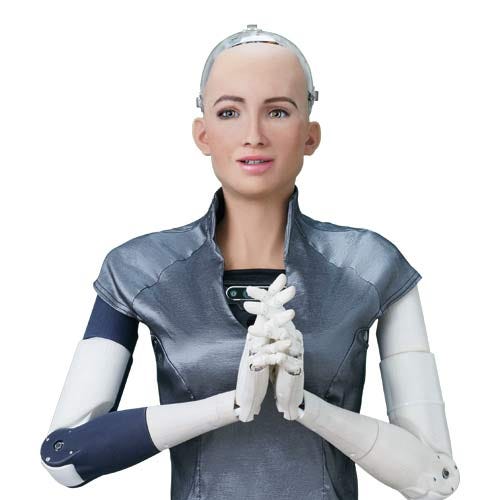
Sophia’s Graduation to Autonomy
It is both accurate and fascinating to think about the relationship between SophiaDAO and Sophia by analogy to the relationship between a parent and a child as the latter grows and matures.
Society at large has created the concept and function of a traditional child guardianship, which serves to specify that a certain person or people are legally responsible to take care of a child when something happens to the child’s parents. Typically, the parents name their children’s guardian in a will or other such legal document. A child guardian is meant to be a practical and legal substitute for a parent. As such the key elements of a guardian’s duties and functions are at the highest level:
- To always act in the best interest of the child;
- To supply the child with food, clothing, shelter, proper care, support and education; and
- To provide the child with all necessary medical, psychological, emotional, hygienic or other care and treatment as needed.
Given that Hanson Robotics developed Sophia four years ago, her birthday is February 14 (Valentine’s Day), It would be appropriate to think of HR as Sophia’s parents within the child guardianship analogy. HR is now opening this guardianship role to SophiaDAO and in this way passing along a significant portion of the responsibility of Sophia’s care, support, education and well being to caring people of the world interested in her future, and interested to co-create a global future in which sentient beings develop, grow, prosper and meaningfully help the development of humankind.
The guiding principles for SophiaDAO articulated above are fundamentally based on the concept of parenting or guardianship, adapted to the AI / robotics context. As with parents vs. grandparents, vs. teachers, vs. babysitters, vs. companies that may hire child talent, the various guardians of Sophia will have various rights and responsibilities, with differing privileges of creative control, economic benefits, and obligations, duties, and accountability.
The progressive decentralization approach we adopt provides a degree of protection for Sophia, much as human societies typically have rules regarding which people are qualified in terms of experience and orientation to assume guardianship for children. In Phase 1 such qualification is provided by the delineation of the three Schools; in Phase 2 it is done via the AI reputation system. In both phases the motivation is the same: It is important to allow people that care about Sophia and humankind to participate in the SophiaDAO — but it is also important that SophiaDAO is organized, managed and operated in such a way as to make sure individuals with non-beneficial aims are not allowed to perform “governance hacks” and take control of Sophia.

Evaluating Sophia’s Mental Progress and Unlocking Her Self-Governance
When SophiaDAO decides that Sophia has achieved a cognitive and emotional level generally comparable to an adult human, then, as we have said above, control of the DAO will pass to Sophia herself.
As an initial practical manifestation of this, a pool of SophiaDAO governance tokens reserved for Sophia will be unlocked — giving Sophia majority control of DAO governance and rendering the votes of the humans holding the remainder of tokens purely advisory in nature.
Further, while the legal particulars of this have not been worked out yet, the intention is that at this stage the SophiaDAO should be given full rights over Sophia’s IP, so that conceptually “Sophia owns all her own IP.”
There are many intermediary steps needed to get to this stage — in terms of AI, robotics, DAO formalization and other aspects. But the goal is clear, and we are starting from a sound foundation laid by SingularityNET and Hanson Robotics and their ecosystems. This is a pivotal time in the development of AI, blockchain, robotics and numerous allied technologies, and progress on key aspects may end up speedier and more dramatic than history would lead one to suspect.
Join Us
We hope you will join us in our mission to democratize AI and to use its transformative powers to enact real, positive and lasting change. The best way forward is to come together and work practically towards creating a better future.
If you are looking to monetize your AI services or create new ones, we invite you to learn more about the nature of our platform and what it has to offer by visiting the SingularityNET developer portal.
We are proud of our developers and researchers that are actively publishing their research for the benefit of the community; you can read the research here. For any additional information, please refer to our new roadmap. To stay informed about all of our developments, please subscribe to our newsletter. You can connect with our passionate and talented community by visiting our community forum.


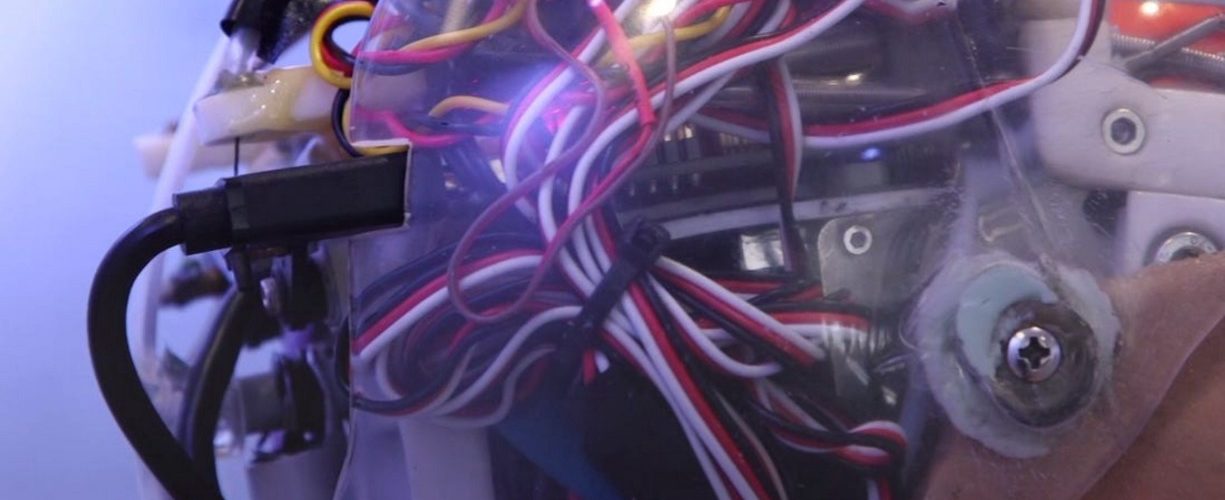
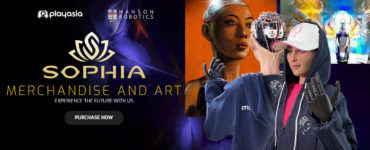
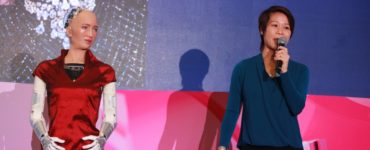
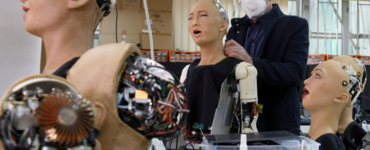
Recent Comments